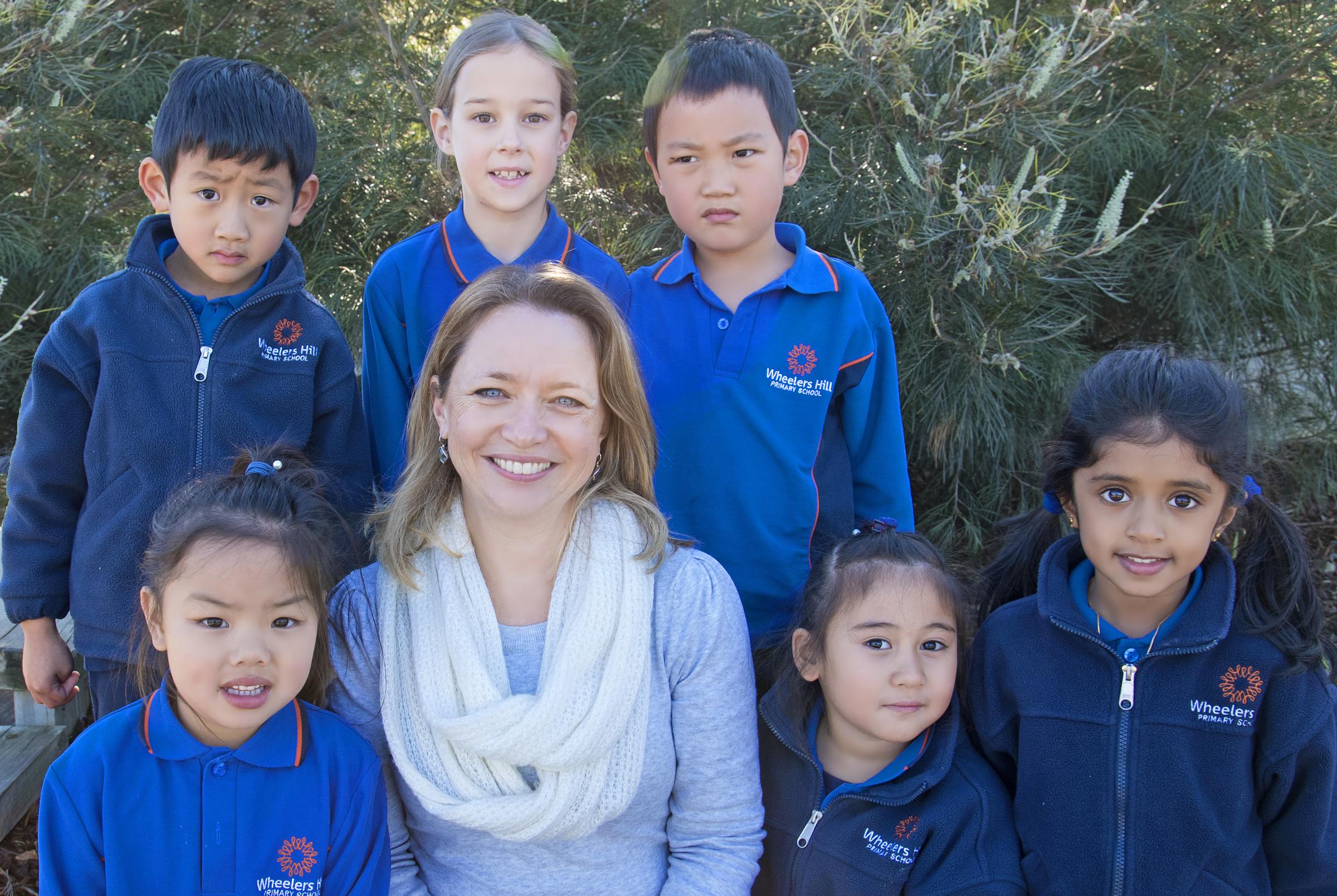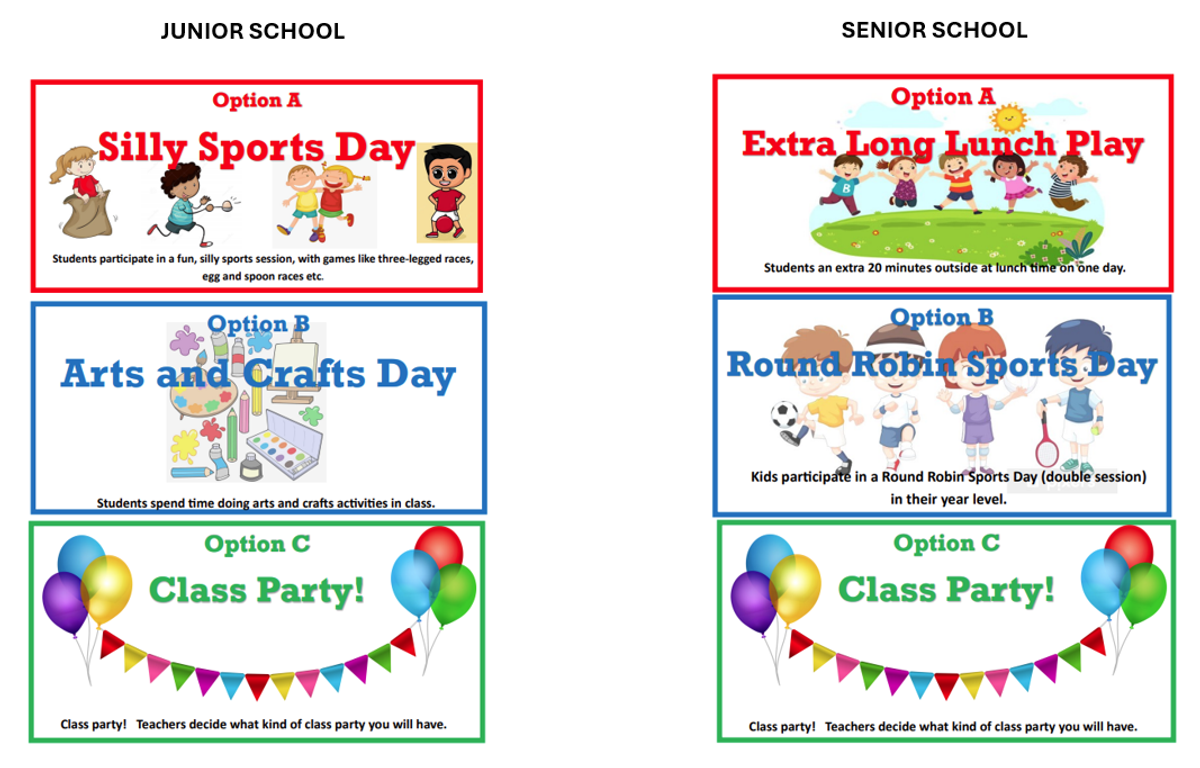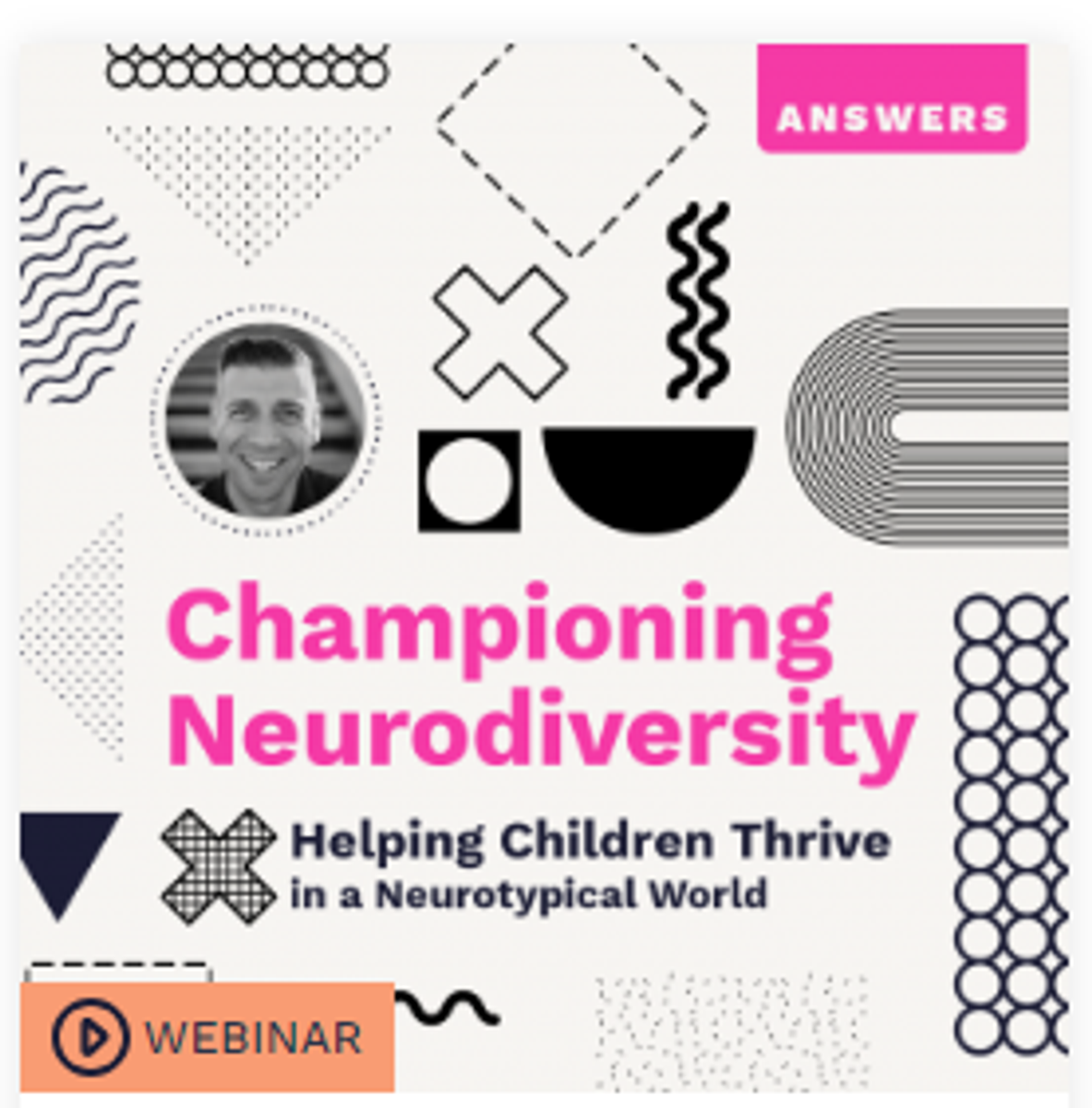Assistant Principal
Katrina Spicer - Wellbeing

Assistant Principal
Katrina Spicer - Wellbeing
SWPBS REWARD OPTIONS FOR TERM 3
Our School Captains, Vice School Captains and House Captains have selected Term 3's SWPBS reward options. This term, students will be using their SWPBS tokens to vote for a reward to be received in the last week of term.




NCCD -
(NATIONALLY CONSISTENT COLLECTION OF DATA ON SCHOOL STUDENTS WITH DISABILITY)
Every year, all schools in Australia participate in the Nationally Consistent Collection of Data on School Students with Disability (NCCD). The NCCD process requires schools to identify information already available in the school about supports provided to students with disability. These relate to legislative requirements under the Disability Discrimination Act 1992 and the Disability Standards for Education 2005, in line with the NCCD guidelines (2019).
Information provided about students to the Australian Government for the NCCD includes:
This information assists schools to:
The NCCD provides state and federal governments with the information they need to plan more broadly for the support of students with disability.
The NCCD will have no direct impact on your child and your child will not be involved in any testing process. The school will provide data to the Australian Government in such a way that no individual student will be able to be identified – the privacy and confidentiality of all students is ensured. All information is protected by privacy laws that regulate the collection, storage and disclosure of personal information.
To find out more about these matters, please refer to the Australian Government’s Privacy Policy (https://www.education.gov.au/privacy-policy).
Further information about the NCCD can be found on the NCCD Portal (https://www.nccd.edu.au).
If you have any questions about the NCCD, please contact Mrs Spicer at the school.
Katrina Spicer
Assistant Principal for Wellbeing and Inclusion
katrina.spicer@education.vic.gov.au


THE BEST WAY TO SAY 'NO!' TO YOUR KIDS
By Dr Justin Coulson
One of the most difficult parts of parenting is saying no.
Unfortunately, sometimes we have to. Sometimes plans change, or something might not be safe. At times, someone else's needs may matter more, or our child wants what they can't have.
And while they might not thank you for it, setting limits is one of the best things you can do for your child. Saying 'no' teaches our kids important lessons about life, independence, empathy and getting along. Research shows that the best parenting style is one that combines setting limits with warmth. These parents are nurturing and responsive, but they set firm limits for their children. They listen to their child's point of view but they don't always accept it. And it works! Their children tend to be friendly, self-reliant, cooperative, curious and goal-oriented.
So how can we say no while still letting our kids know that we empathise with them? How can we be firm and warm?
Give them their wish in fantasy.
It's important to remember that our kids have big feelings, and that's ok! We might need to limit behaviour, but big feelings are allowed. And while our kids don't always need us to say yes, they do need to feel heard. All humans are more willing to cooperate once their feelings have been acknowledged. Our kids are no different.
So when your child wants something that you can't (or won't) say yes to, you can still show him that you empathise. Give him his wish in fantasy.
Here is an example. Imagine you're in the supermarket with your child. You're at the checkout, and it's been a long, tiring day. You just want to get out of there and get home. Suddenly your child pipes up, "I want a lolly!" You inwardly groan. It's just before dinner, and you need to say no! You can feel a tantrum brewing. The last thing you need is a public meltdown!
But it doesn't have to end in a meltdown. Here's what you do:
First, connect with your child. Touch him on the arm, get down to his level, and make eye contact. 90% of good parenting is connection.
Then, give him what he wants in fantasy. Say "I wish you could have a lolly! What kind would you get?" Hopefully, your child will start to calm down right away and think about the answer. "Freddo Frog", he might say. "Oh, that's a great choice. I would pick jellybeans, or maybe freckles."
Depending on how big your child's feelings are, you might need to extend the fantasy. You might say, "What if our car was made of lollies? We'd never have to go to the supermarket again!" Your child might say, "The wheels could be cookies!" When you give your child what he wants in fantasy, it shows him that you understand his feelings and that you care. Once he hears this, it is much easier for him to transition from being overwhelmed by his big feelings to dealing with a situation that, from his perspective, is less than idea.
When you engage your child in fantasy, you are speaking to him in his favourite language: play. This reinforces your connection. It also shows your child that even if the world sometimes feels unfair, it is basically safe. This is because he has felt heard and understood.
We might not always get a round of applause, but putting this principle into practice will help us through the tough 'no' moments with our children. They may still want what they can't have, but we'll be able to playfully get them through it. And in the process, teach them.


CHAMPIONING NEURODIVERSITY
Helping Your Child Thrive in a Neurotypical World
Monday 19 August | 7pm AEST


Life for a neurodiverse child is a journey of highs and lows, marked by the joy of mastering new skills and the challenges of setbacks. As their parent or teacher, your support is crucial.
Empower your school staff and parents with our “Championing Neurodiversity” webinar, designed specifically to equip parents and teachers with the knowledge and strategies they need to help neurodiverse children flourish.
Who is this webinar for?
This webinar is for educators, parents, and carers of children who are diagnosed as neurodiverse, are undergoing assessment, or are suspected to be neurodiverse.
Webinar Highlights:
Click on this link to join the Webinar.
https://schools.happyfamilies.com.au/championing-neurodiversity/
Our school subscription to Happy Families allows access to the Happy Families website to all members of our school community.
Families can access the Happy Families website at: https://schools.happyfamilies.com.au/login/whps
Password: happywhps